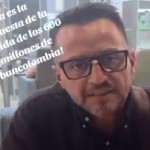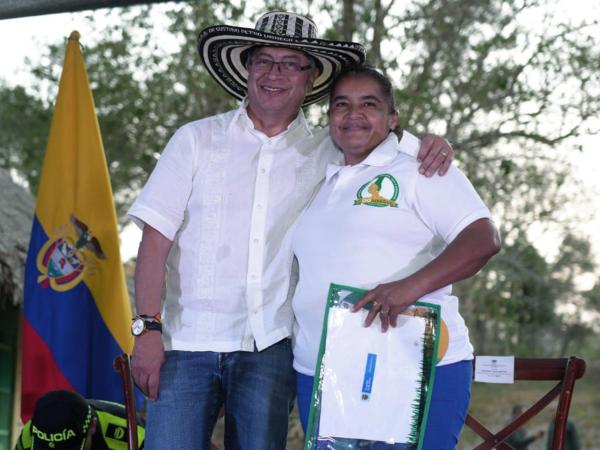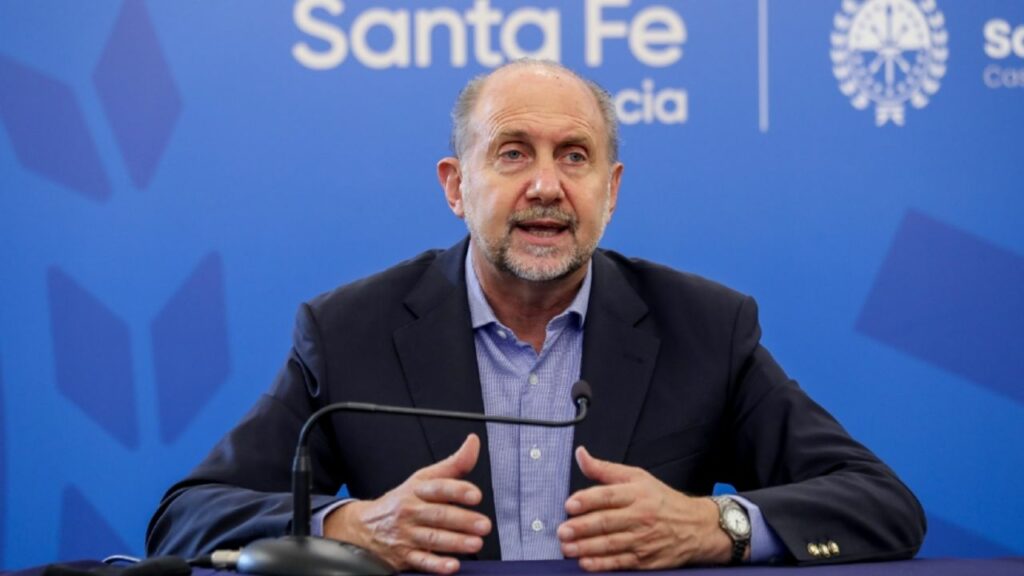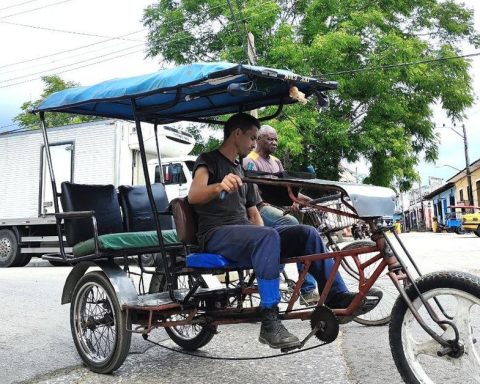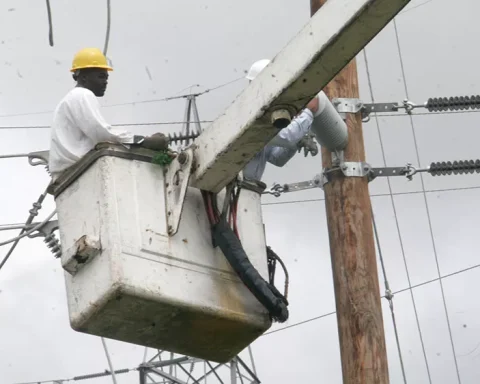In a meeting with the Minister of Finance, Fernando Haddad, this Friday (3), representatives of trade unions asked to also be heard in the process of elaborating the country’s economic policy. The trade unionists offered the minister a series of projects linked to job creation, the tax system and economic growth.
“The union movement and the popular movement have a very large production of projects that can help the country to resume vigorous growth, with the generation of quality jobs. We have a large production on the tax system, and tax reform is a priority for the government. You can’t just listen to Faria Lima [avenida em São Paulo conhecida por ser sede de grandes empresas, principalmente do ramo financeiro]you also have to listen to the workers, we made that very clear to him”, said the president of the Central Única dos Trabalhadores (CUT), Sergio Nobre.
According to Nobre, the trade unionists asked the minister for greater participation in the government’s economic policy-making councils. “We want to participate in forums, including Carf [Conselho Administrativo de Recursos Fiscais]. Carf cannot have only business representatives to decide on the issue of taxation. We, the workers, also want to be part of this council”, highlighted Nobre.
The president of the CUT said that the unions expressed their dissatisfaction with the high interest rate, currently at 13.75% per annum, to the minister. They informed Haddad that they will hold demonstrations on March 21, when the Monetary Policy Committee (Copom) of the Central Bank meets to define the basic interest rate.
“There is no justification for interest rates to be at this level. We are going to demonstrate for the drop in interest rates, at the door of the Central Bank buildings, all over Brazil, on the next 21st. It is important that the Copom listen to the clamor of the streets and of the working class, who need jobs”, he said.
Regarding the minimum wage, Nobre said that the value for this year has already been defined by the President of the Republic, Luiz Inácio Lula da Silva, at R$ 1,320, but the union movement claims a higher value than what was announced, and pleads for the construction of a policy to increase the value of the minimum wage for the coming years.
“We did a calculation. If the valuation policy [do salário mínimo] had it not been interrupted, today it would be at the level of R$ 1,382. So, we will demand that this difference be considered, ”he said.
The president of the Central dos Sindicatos Brasileiros (CSB), Antonio Neto, said that the unions also spoke with the minister about the correction of the income tax table for individuals, and the taxation of Profit Sharing (PLR), received by the workers.
“The boss does not pay on profit, dividends, but the worker pays in profit sharing and results [PLR]. It caused the minister to wonder. That is why we need, more and more, to have space for the social movement, trade unions, to discuss with the government, especially in the area of Finance, to participate in the tax reform, because we are the ones who pay taxes in Brazil”, he said.
The meeting took place at the Banco do Brasil building, on Avenida Paulista. In addition to union representatives, members of social movements such as the Landless Workers (MST), the National Union of Students (UNE), the Homeless Workers Movement (MTST) and the Popular Movements Center (CMP) were also planned. .








